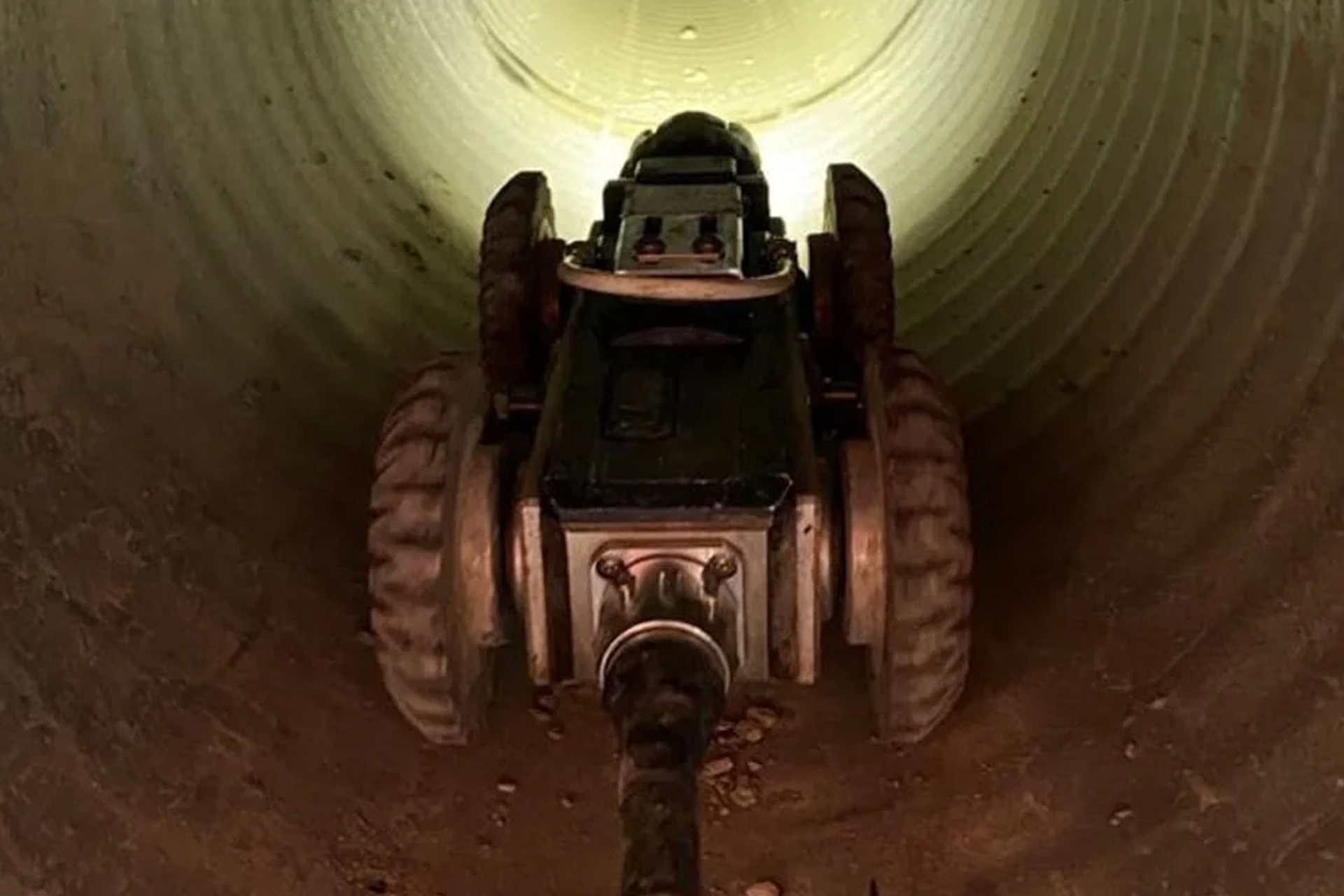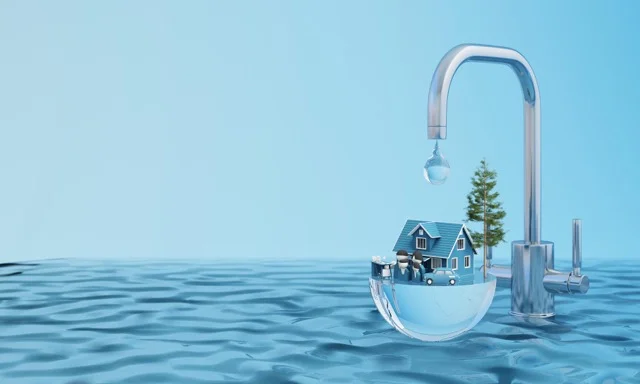Reclaim Waste - An Overview
Reclaim Waste - An Overview
Blog Article
Everything about Reclaim Waste
Table of ContentsNot known Factual Statements About Reclaim Waste Some Known Incorrect Statements About Reclaim Waste More About Reclaim WasteAll about Reclaim WasteThe Basic Principles Of Reclaim Waste
Discover the types, incidents, and kinds of fluid waste. Domestic sewage waste refers to the waste and items from a household septic system. This kind of waste is created by people in residences, institutions, and other structures. This only consists of septic storage tanks that have a drain area. The appropriate management and disposal of residential sewage waste require liquid waste to be moved to a sewer therapy plant where the appropriate methods and devices are related to purify and get rid of waste.
Business waste frequently consists of potential dangers, such as flammable materials or a mixture of liquid and strong waste items, and needs a more sophisticated and comprehensive disposal process. The disposal of industrial waste commonly involves the filtration of waste prior to transport to guarantee safe and appropriate disposal. Industrial waste is produced from by-products and runoff of commercial procedures and manufacturing.
This type of waste can not utilize the very same sewage management transport or processes as septic or industrial fluids. The hazardous waste management process requires the evaluation and testing of liquid waste prior to it undertakes the disposal process (industrial wastewater treatment). Overflow waste is the fluid waste that comes from overflow and excess stormwater in highly inhabited areas or cities
Runoff waste can create contamination and flooding if not taken care of properly. Learn more concerning sewer cleansing and waste monitoring. Making sure appropriate waste monitoring can stop disasters and reduce environmental damage. Both people in property setups and professionals in commercial or production sectors can gain from understanding the procedures and regulations of fluid waste monitoring.
How Reclaim Waste can Save You Time, Stress, and Money.
Get in touch with PROS Providers today to find out about our waste administration and disposal solutions and the proper ways to take care of the fluid waste you produce.
(https://www.blogtalkradio.com/reclaimwaste1)Do you know what occurs to your water when you end, flush the toilet or drain the cleaning machine? No? Well, it deserves knowing. This so-called 'wastewater' is not just an essential resource however, after therapy, will certainly be released to our land, waterways or the ocean. Used water from commodes, showers, baths, cooking area sinks, washings and industrial processes is known as wastewater.

water used to cool down equipment or tidy plant and tools). Stormwater, a form of wastewater, is overflow that flows from farming and city locations such as roofing systems, parks, yards, roads, paths and gutters right into stormwater drains, after rain. Stormwater flows neglected directly to regional creeks or rivers, eventually getting to the sea.
A Biased View of Reclaim Waste
In Queensland, many wastewater is treated at sewage treatment plants. Wastewater is carried from domestic or commercial sites with a system of drains and pump stations, referred to as sewerage reticulation, to a sewage treatment plant. City governments construct, maintain and operate most sewage treatment plants. Operators are accredited under the Environmental Management Act 1994 to release cured wastewater at an acceptable environmental criterion into rivers.
The Division of Natural Resources suggests neighborhood governments concerning managing, operating and preserving sewage systems and therapy plants. In unsewered areas, neighborhood governments might require homeowners to set up private or household sewage treatment systems to deal with residential wastewater from bathrooms, kitchens, restrooms and laundries. The Department of Natural Resources authorises using household systems when they are shown to be reliable.
In some new class, therapy of some stormwater to remove trash, sand and crushed rock has begun utilizing gross toxin traps. Wastewater therapy happens in 4 stages: Removes solid matter.
Utilizes small living organisms recognizes as micro-organisms to damage down and eliminate remaining dissolved wastes and great fragments. Micro-organisms and wastes are integrated in the sludge.
Reclaim Waste - Questions
Nutrient removal is not readily available in any way sewer treatment plants since it needs costly specialised equipment. It is becoming more typical in Queensland. Clear fluid effluent generated after therapy might still consist of disease-causing micro-organisms. If this effluent is released into waterways such as rivers or the sea, the micro-organisms will eventually die out.

A lot of wastewater flows right into the sewerage system. Under the Act, regional governments administer approvals and licences for ecologically pertinent tasks (Ages) involving wastewater releases that could have a check out here regional influence.
The smart Trick of Reclaim Waste That Nobody is Talking About
Monitoring provides valid info regarding water high quality and can confirm that permit conditions are being met. The info gotten with surveillance supplies the basis for making water high quality choices.
Report this page